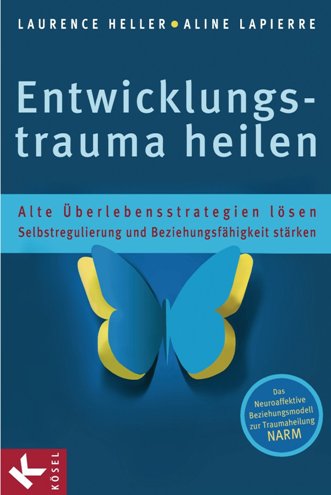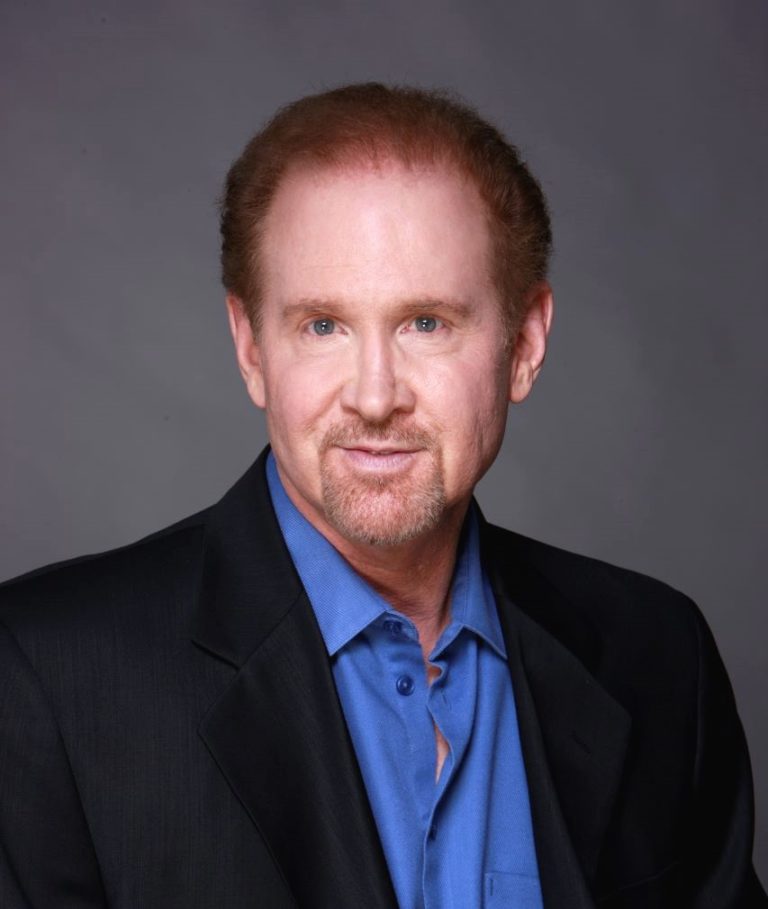


When children experience ongoing misattunement (a lack of connection between caregiver and child), neglect, or abuse, they are trapped in an impossible situation. I quickly resonated with the non-regressive, non-cathartic, and gentle approach of SE. Adding the more subtle and effective nervous system interventions of SE was just what was needed to round out my own therapeutic approach.ĭifferences between Shock Trauma and Developmental TraumaĪs opposed to many shock traumas, there usually is no single traumatizing event in cases of developmental/relational trauma. We reconnected in the '80s and I discovered that his work with shock trauma, which he called Somatic Experiencing, was moving in a similar direction to my own work with developmental trauma. I began a process of de-pathologizing my approach to focus on the strengths and resources of each patient. As a result, I gave up working with regression and catharsis as therapeutic tools. It soon became clear to me that regressive cathartic work, because it primarily focused on a client's resistances and weaknesses, was often not effective- in some cases even hurtful. We thought it was useful to feel our “pain.”įollowing the trend of those times, I was working from a pathology perspective with what we called character structures.

In short, this meant clients would repeatedly relive early painful experiences. In those early years of teaching, much somatic psychological work focused on inducing regressive cathartic discharge. I have been working with what we are now calling developmental trauma for over 30 years. In the '70s, my interest in humanistic psychology led me to co-found the Gestalt Institute of Denver.

Today's blog addresses how to adapt Somatic Experiencing® to working with developmental and relational/attachment trauma as opposed to shock trauma. As a senior faculty member who teaches throughout Europe and the U.S., I have noticed a few universal themes with which SE® students and practitioners have difficulty.


 0 kommentar(er)
0 kommentar(er)
